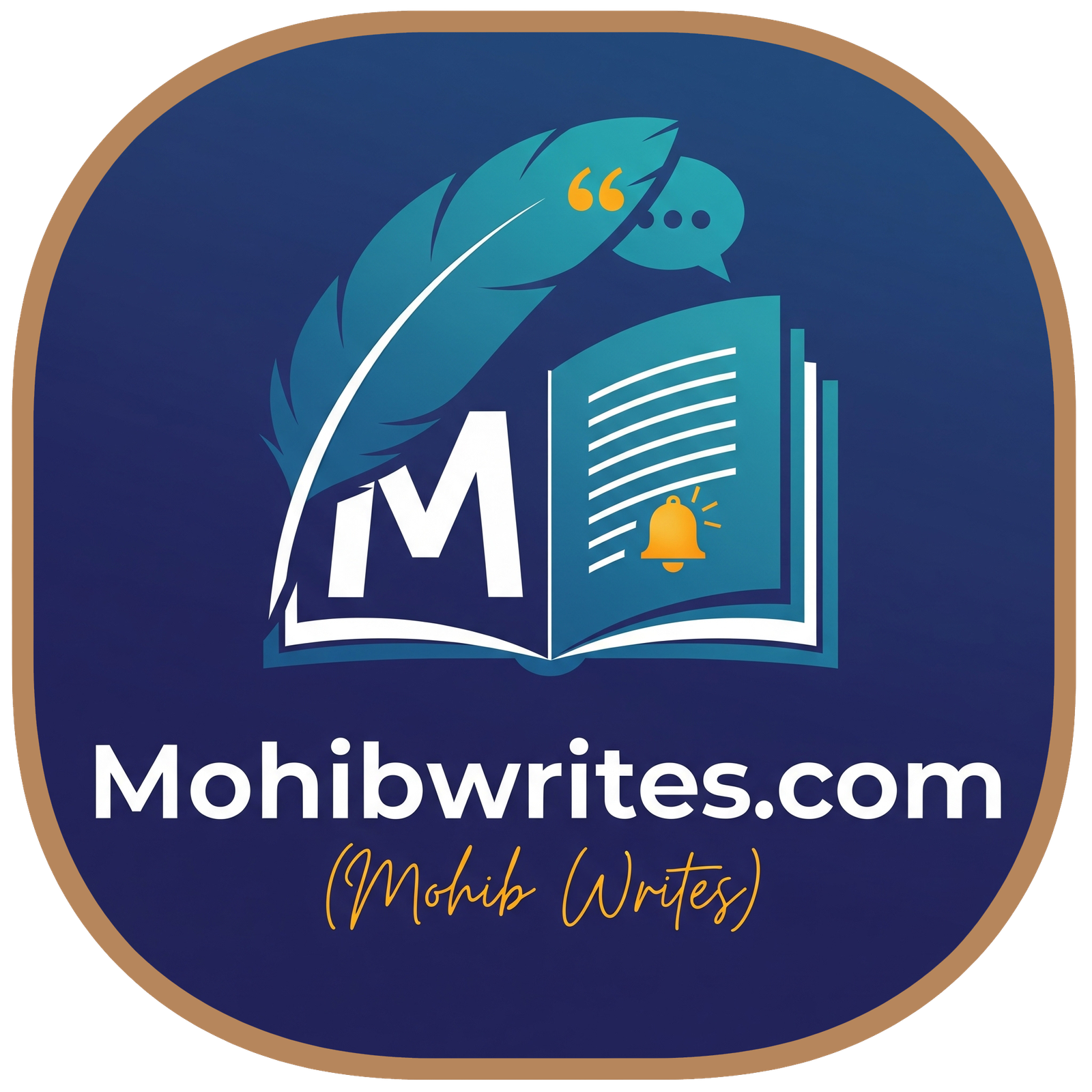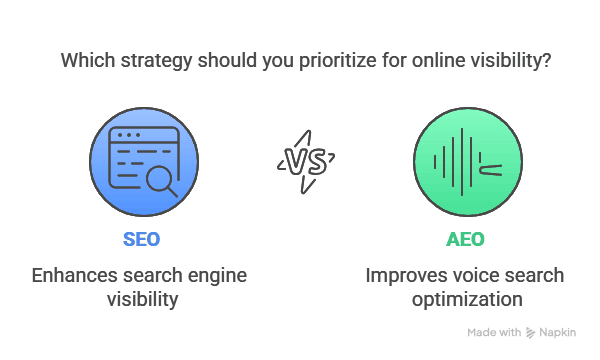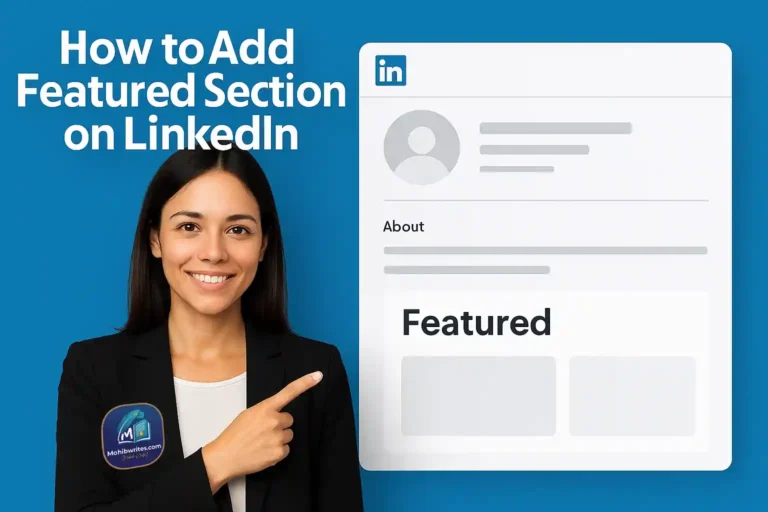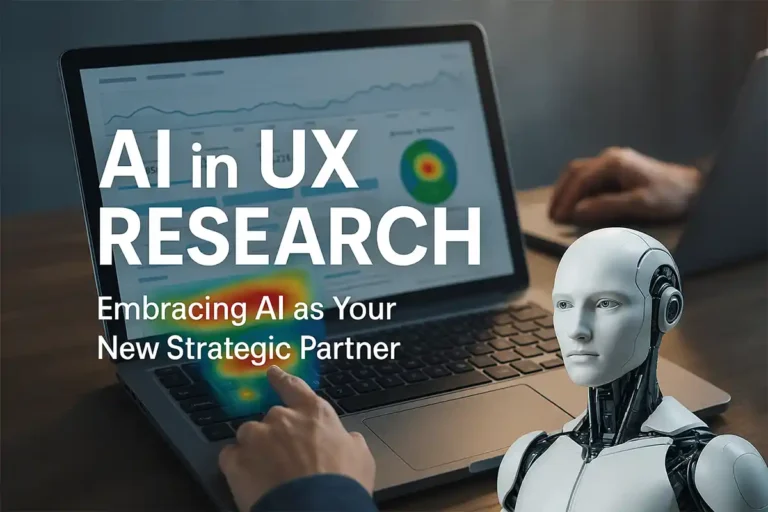Artificial intelligence (AI) is rapidly transitioning from being a helpful tool to an indispensable part of everyday life. In 2025, advancements in AI will enable it to take on greater autonomy, solving complex problems and simplifying tasks at work and home. These changes will also push AI to address global challenges like healthcare access and the climate crisis. Microsoft, committed to innovation and safety, will play a pivotal role in shaping this future. Let’s explore six key AI trends expected to define 2025.
Read: ChatGPT: 8 Top Tips and Tricks to Boost Your Productivity
1. AI Models Will Become More Capable and Specialized
AI has advanced significantly, with recent breakthroughs such as enhanced neural architectures and optimization techniques making models faster and more efficient. For example, transformers with improved attention mechanisms now enable quicker processing and better handling of complex tasks, pushing the boundaries of what AI can achieve. Large-scale models are capable of handling diverse tasks like writing, coding, and data analysis, while smaller, specialized models are tailored to specific industries. By 2025, these capabilities will further evolve, driven by improvements in reasoning and data curation. For instance:
- Advanced models can already solve complex problems step by step, mimicking human logic. These capabilities are essential in areas like medicine, law, and coding.
- Improved data curation and post-training methods have enhanced the performance of smaller models, making them competitive with larger ones.
This evolution will open up new possibilities for creating highly specialized AI experiences tailored to individual needs, offering better and faster solutions across industries.
2. AI-Powered Agents Will Redefine Work
In many organizations, AI tools like Microsoft 365 Copilot are already handling repetitive tasks such as summarizing emails or recording meeting notes. By 2025, AI agents will go beyond basic functions, taking on complex roles with greater autonomy. These agents are expected to:
- Revolutionize business processes by automating tasks like inventory management, customer support, and sales order processing.
- Allow individuals to create custom agents using no-code platforms like Copilot Studio.
While these agents will enhance productivity, human oversight will remain crucial to define boundaries and ensure ethical AI use. Businesses will deploy a mix of simple and autonomous agents to optimize operations without compromising control.
Read: 3 Ways to Make Money Online Using ChatGPT Search in 2025
3. AI Companions for Everyday Life
Beyond professional environments, AI will continue to improve personal lives. Microsoft Copilot, for example, is set to evolve into an everyday companion, helping individuals:
- Organize and prioritize daily tasks, from managing schedules to making informed decisions.
- Interact more naturally through features like Copilot Vision, which can analyze web pages and provide context-based assistance.
These developments will not only save time but also enhance user experiences through smarter, more personalized AI tools.
4. AI Will Be More Resource-Efficient
While AI requires significant resources, innovative solutions are helping minimize its environmental impact. Advances in technology will make AI infrastructure more sustainable by:
- Utilizing energy-efficient cooling systems in data centers.
- Adopting low-carbon building materials and renewable energy sources like wind and solar power.
These efforts align with broader goals of achieving carbon negativity and zero waste, as demonstrated by initiatives like Microsoft’s commitment to powering its data centers with 100% renewable energy by 2025. In 2025, AI’s growing capabilities will be complemented by more sustainable practices, ensuring progress is environmentally responsible.
Read: How to Start a Business While Working Full-Time in 2025
5. Customization and Responsible AI Development
Building AI responsibly requires robust testing and customization. By 2025, organizations will focus on:
- Measuring and mitigating risks such as inaccuracies or unethical outputs.
- Customizing AI tools to meet specific needs, such as filtering content to ensure compliance with organizational standards or setting workplace guardrails like limiting access to sensitive data or automating approval workflows.
This approach will empower users to adapt AI applications to their unique contexts while maintaining safety and ethical standards.
6. AI Driving Scientific Breakthroughs
AI’s influence on scientific research is growing rapidly, fueling advances in fields like healthcare, environmental science, and material design. For instance, AI-driven protein simulation systems have recently accelerated drug discovery, paving the way for faster development of treatments for complex diseases. For example:
- New AI-driven protein simulation systems are accelerating drug discovery.
- AI tools are helping researchers tackle previously insurmountable problems with greater speed and accuracy.
In 2025, these innovations will lead to tangible progress in addressing critical global issues, from developing life-saving medicines to creating sustainable materials.
Looking Ahead
As AI continues to evolve, its impact on society will be profound. The year 2025 will mark significant milestones in how AI transforms work, personal life, and global challenges. By staying committed to innovation and ethical development, companies like Microsoft aim to ensure these advancements benefit everyone, driving progress responsibly and sustainably.







